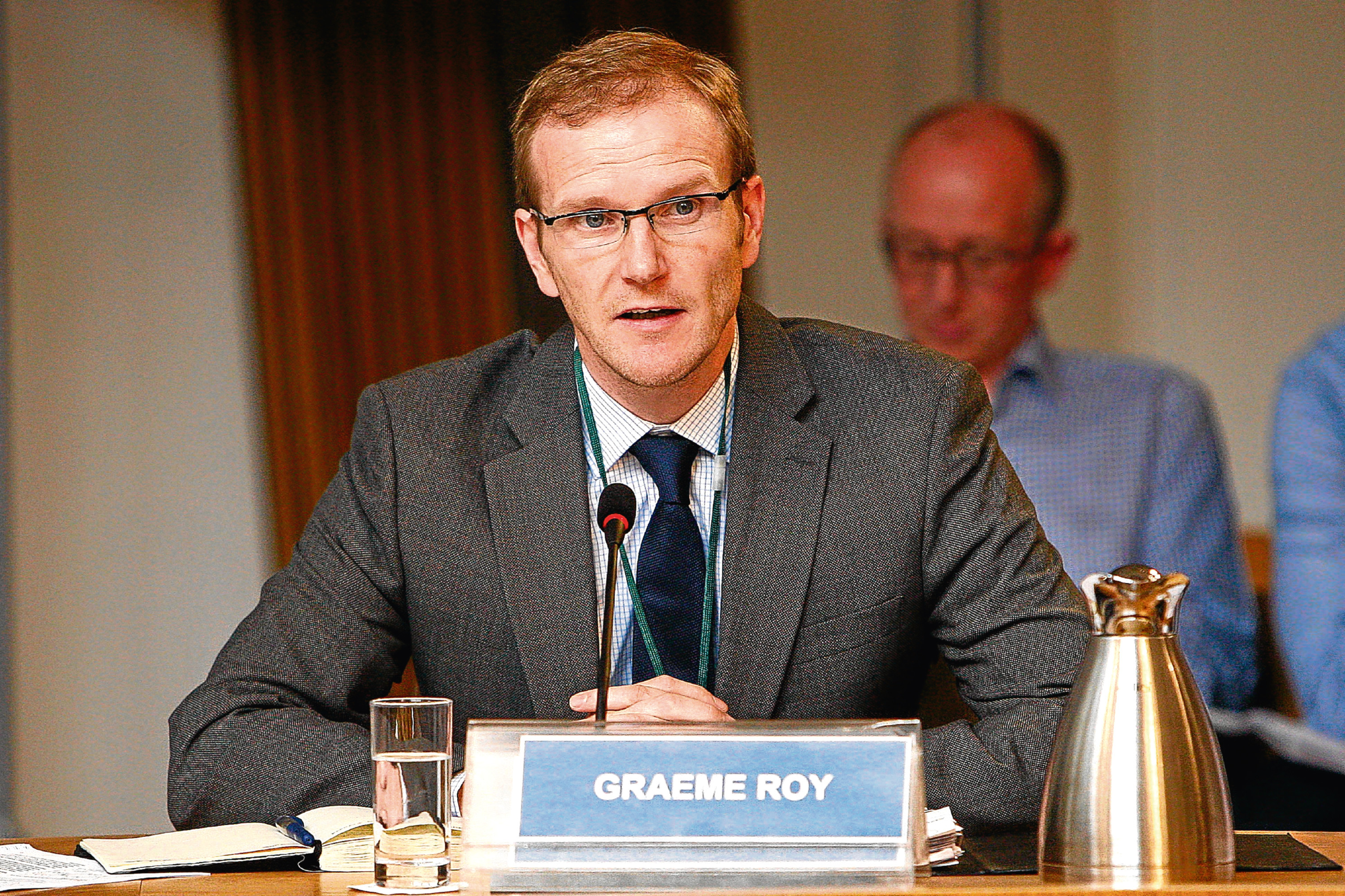Uncertainty over Brexit continues to loom over Scotland’s economic recovery, according to the Fraser of Allander Institute (FAI).
The independent research institute, based at the University of Strathclyde, has called on the UK Government to provide greater clarity on the specific powers it envisages transferring to the Scottish Parliament after the UK leaves the bloc in March 2019.
It said indicators suggested that Scotland’s economy bounced back in the first three months of 2017 but that this came on the back of an “exceptionally weak” past two years.
The FAI’s forecast for growth in 2018 remains the same as in June at 1.4% in 2018 while its forecast growth for 2019 has been revised upwards to 1.7%.
However, Graeme Roy, director of the FAI, said these predictions were based on a deal between the UK and the EU being reached.
He said: “The latest leading indicators suggest the economy continues to recover, albeit at a relatively fragile pace.
“We believe Brexit has the potential to act as a long-term brake on Scotland’s growth potential and, to date, very little progress seems to have been made by the UK Government in its negotiations with the EU.
“One area the UK government could provide greater clarity on is over the specific powers they envisage being transferred to the Scottish Parliament post-Brexit. This would help enable preparatory discussions between business and the devolved administration.
“Our forecasts are based upon the assumption that a constructive deal between the UK and the EU is reached.
“Should this not occur, outcomes towards the lower-end of our forecast ranges are more likely.”
Mark Bevan, the chief executive of Scottish Council for Development and Industry said he welcomed the growth prediction being revised upwards with “cautious optimism”.
He added: “We remain concerned about the challenge of continually failing productivity — particularly in the face of rising inflation, falling business investment and Brexit uncertainty.”
rmclaren@thecourier.co.uk
